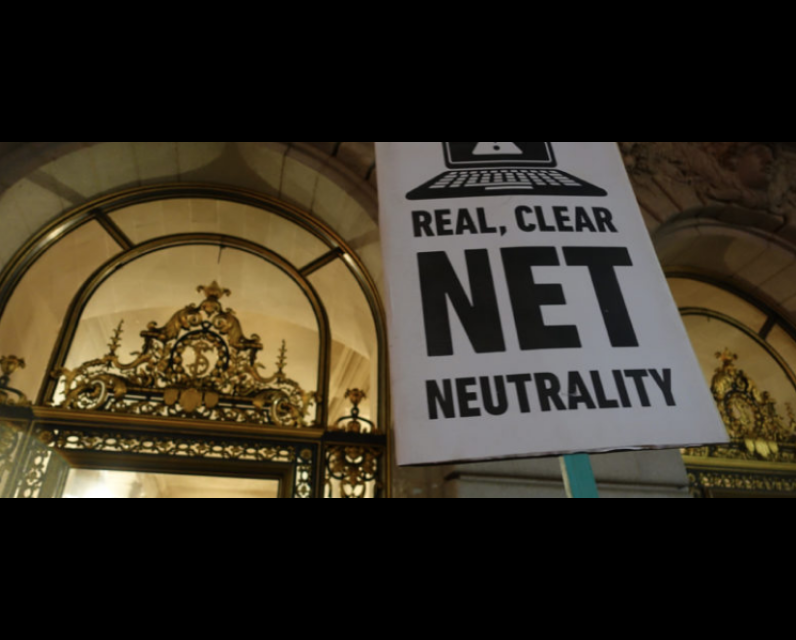Warning message
- Last import of users from Drupal Production environment ran more than 7 days ago. Import users by accessing /admin/config/live-importer/drupal-run
- Last import of nodes from Drupal Production environment ran more than 7 days ago. Import nodes by accessing /admin/config/live-importer/drupal-run
Unpublished Opinions
Dr. Michael Geist is a law professor at the University of Ottawa where he holds the Canada Research Chair in Internet and E-commerce Law. He has obtained a Bachelor of Laws (LL.B.) degree from Osgoode Hall Law School in Toronto, Master of Laws (LL.M.) degrees from Cambridge University in the UK and Columbia Law School in New York, and a Doctorate in Law (J.S.D.) from Columbia Law School. Dr. Geist is a syndicated columnist on technology law issues with his regular column appearing in the Toronto Star, the Hill Times, and the Tyee. Dr. Geist is the editor of several copyright books including The Copyright Pentalogy: How the Supreme Court of Canada Shook the Foundations of Canadian Copyright Law (2013, University of Ottawa Press), From “Radical Extremism” to “Balanced Copyright”: Canadian Copyright and the Digital Agenda (2010, Irwin Law) and In the Public Interest: The Future of Canadian Copyright Law (2005, Irwin Law), the editor of several monthly technology law publications, and the author of a popular blog on Internet and intellectual property law issues.
Dr. Geist serves on many boards, including the CANARIE Board of Directors, the Canadian Legal Information Institute Board of Directors, the Canadian Internet Registration Authority, and the Electronic Frontier Foundation Advisory Board. He has received numerous awards for his work including the Kroeger Award for Policy Leadership and the Public Knowledge IP3 Award in 2010, the Les Fowlie Award for Intellectual Freedom from the Ontario Library Association in 2009, the Electronic Frontier Foundation’s Pioneer Award in 2008, Canarie’s IWAY Public Leadership Award for his contribution to the development of the Internet in Canada and he was named one of Canada’s Top 40 Under 40 in 2003. In 2010, Managing Intellectual Property named him on the 50 most influential people on intellectual property in the world and Canadian Lawyer named him one of the 25 most influential lawyers in Canada in 2011, 2012 and 2013.
Click here to view Dr. Geist’s full CV.
CRTC Chair Opens the Door to Weakening Canadian Net Neutrality Rules

The Canadian government’s strong pro-net neutrality position has served as its telecom policy foundation with Prime Minister Justin Trudeau and other government ministers frequently citing Canada’s commitment to the policy. In fact, the current review of broadcast and telecommunications legislation described net neutrality as “a key Government priority given its importance for freedom of expression and the ‘innovation without permission’ ethos that underpins the success of the Internet.”
Yet despite the emphasis on strong net neutrality rules, CRTC Chair Ian Scott used a keynote speech last week to open the door to watering down Canadian net neutrality rules, noting his desire for “flexibility” with the legislation.
Scott told the International Institute of Communications:
The Telecommunications Act provides the CRTC with the tools and flexibility to establish and enforce a net neutrality framework. The framework we have built over the past 10 years will likely be tested as needs and technology continue to evolve. There may indeed be situations relating to public safety or security, telemedicine or self-driving cars where a certain flexibility will be required and should therefore be maintained in the legislation.
Flexibility in this context is clearly a reference to weakening net neutrality rules to allow for non-neutral applications. Pointing to issues such as telemedicine or autonomous vehicles comes directly out of the Internet provider playbook as U.S. providers used it to support gutting net neutrality rules in 2017 and Canadian providers promoted the issue before a House of Commons committee in 2018. For example, Rogers told the committee that net neutrality rules should not be strictly applied for faster 5G wireless services:
Rogers believes that by virtue of section 27(2) of the Telecommunications Act, the CRTC has all the necessary tools it needs to protect net neutrality in a fast-changing environment, while maintaining the flexibility to adapt to future changes occasioned by new technologies. As an example, the next evolution of wireless service, known as 5G, may require a flexible approach to ensure continued innovation. With 5G, certain services will require different levels of connectivity. For example, connected cars and remote medical services will require higher reliability and lower latency levels than networked parking meters.
The call for greater net neutrality flexibility was not adopted by the committee, as it recommended that net neutrality be enshrined in the law to “prevent any further erosion.” However, it does appear that the CRTC chair has bought into the position that would erode the policy despite considerable reason for skepticism. The latest calls to weaken net neutrality bear a striking resemblance to older campaigns from many of the same companies opposed to a policy that would restrict their ability to establish a two-tier Internet. In fact, researchers have noted that abandoning net neutrality could harm telemedicine, raising the prospect of two-tier tele-health care with faster networks for deeper pocketed providers or patients. Similar doubts have been raised with respect to autonomous cars, with experts noting that such vehicles are likely to use unlicensed spectrum known as the Dedicated Short Range Communications band to communicate.
As these technologies develop, the pressure from large incumbents to water down net neutrality rules is sure to increase. With the CRTC chair citing with approval incumbent talking points without the benefit of a hearing or evidentiary record, it would appear that maintaining Canada’s leadership on net neutrality could face a policy fight at the commission in the years ahead.



Comments
Be the first to comment